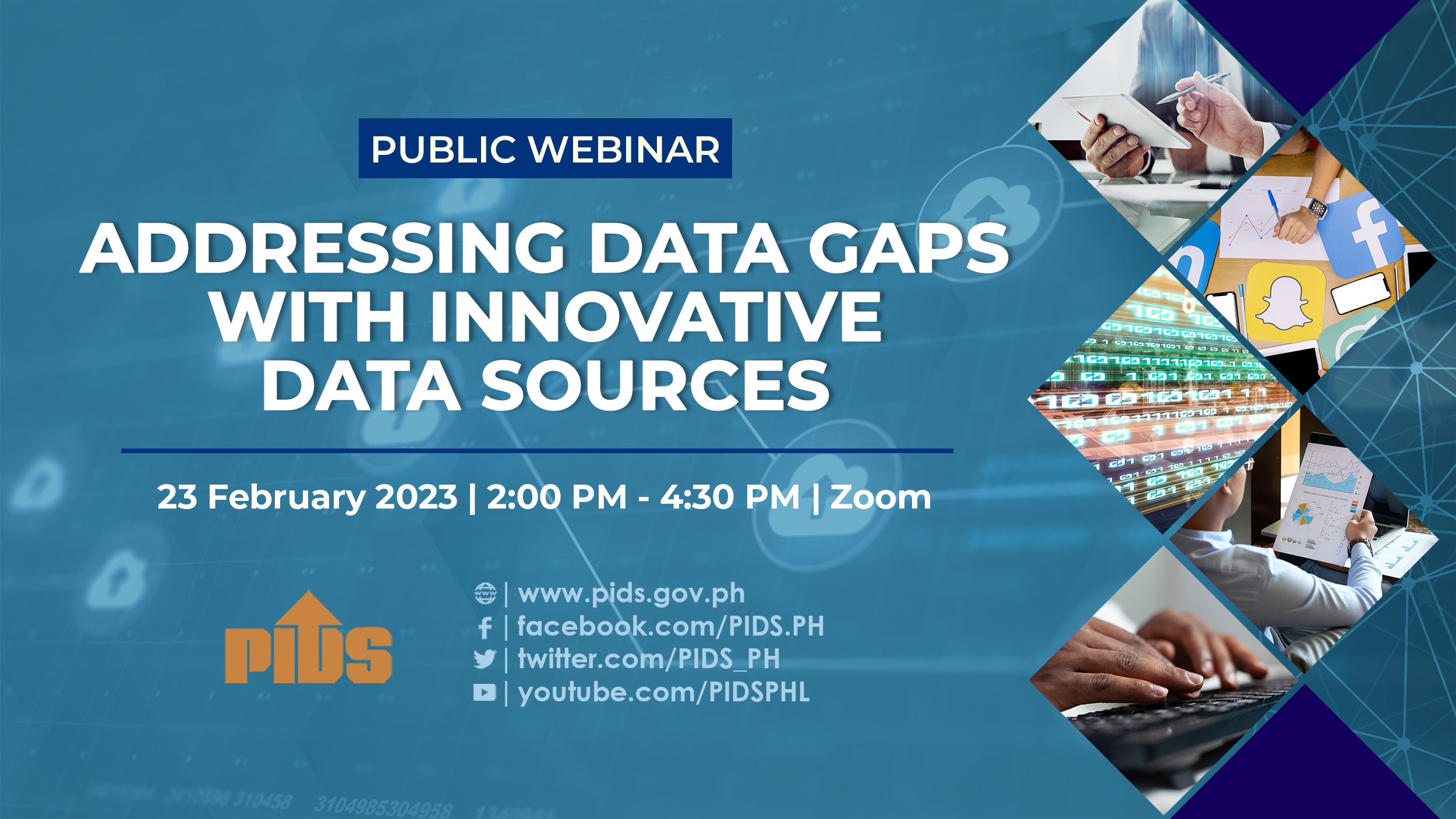MANILA, Philippines - The Philippine Institute for Development Studies (PIDS) favors the lowering of income tax, but points out forecast losses should be replaced by consumption taxes.
PIDS, the government think tank, is a line agency of the National Economic and Development Authority (NEDA).
PIDS president Gilberto M. Llanto said the Sustainable Development Goals (SDG) requires additional financing which still have to be identified.
Llanto strongly suggests that government can look at consumption taxes to replace the P29-billion "losses” from reducing income taxes.
He zeroed in on fuel and softdrinks as among the taxable commodities that may replace "lost” tax revenues, saying these are broad-based and consumption-based.
"I am not against lowering of income tax, we have to look at it from a more holistic point of view. It is not just a case of reforming, increasing personal exemption. We have to look at the whole system of taxation in the country,” the PIDS chief said.
In the case of funding for the 17 SDGs, Llanto said raising funds from existing budgets must be replaced. Funds removed from the Conditional Cash Transfer (CCT) could work against the poorer segment of society but benefits the middle-income segment.
"One right decision is really to focus on how we can replace resources that will finance the SDG. And the big pitch is for more responsible and accountable policies in domestic economies, and concretely, including reforming the tax system,” Llanto said the sidelines of a forum co-sponsored by the United Nations Development Program and NEDA.
Meanwhile, Finance Secretary Cesar Purisima said the Philippines cannot risk losing fiscal sustainability and credit rating by doing piecemeal revenue reducing legislation.
"We urge Congress to approach fiscal reform from a holistic standpoint with the goal of making the structure more buoyant, equitable, progressive and competitive,” Purisima said.
Marikina Rep. Romero "Miro” Quimbo said government records have shown 60 percent of professionals and 70 percent of entrepreneurs do not pay their tax dues, unlike fixed-income earners who comprise the tax base of the government.
Records revealed that out of the 23-million earning individuals, only 5.6 million of them pay taxes. The rest are either exempted because they are minimum wage earners or they do not pay taxes at all.
"Those receiving salary every 15th and 30th of the month are the ones with 100 percent compliance, but then again, those with minimum wage who are exempted from paying also belong here. As such, only 18 percent of the working population are paying taxes,” he added.
PIDS backs additional taxes on select commodities to offset losses from proposed income tax cuts












